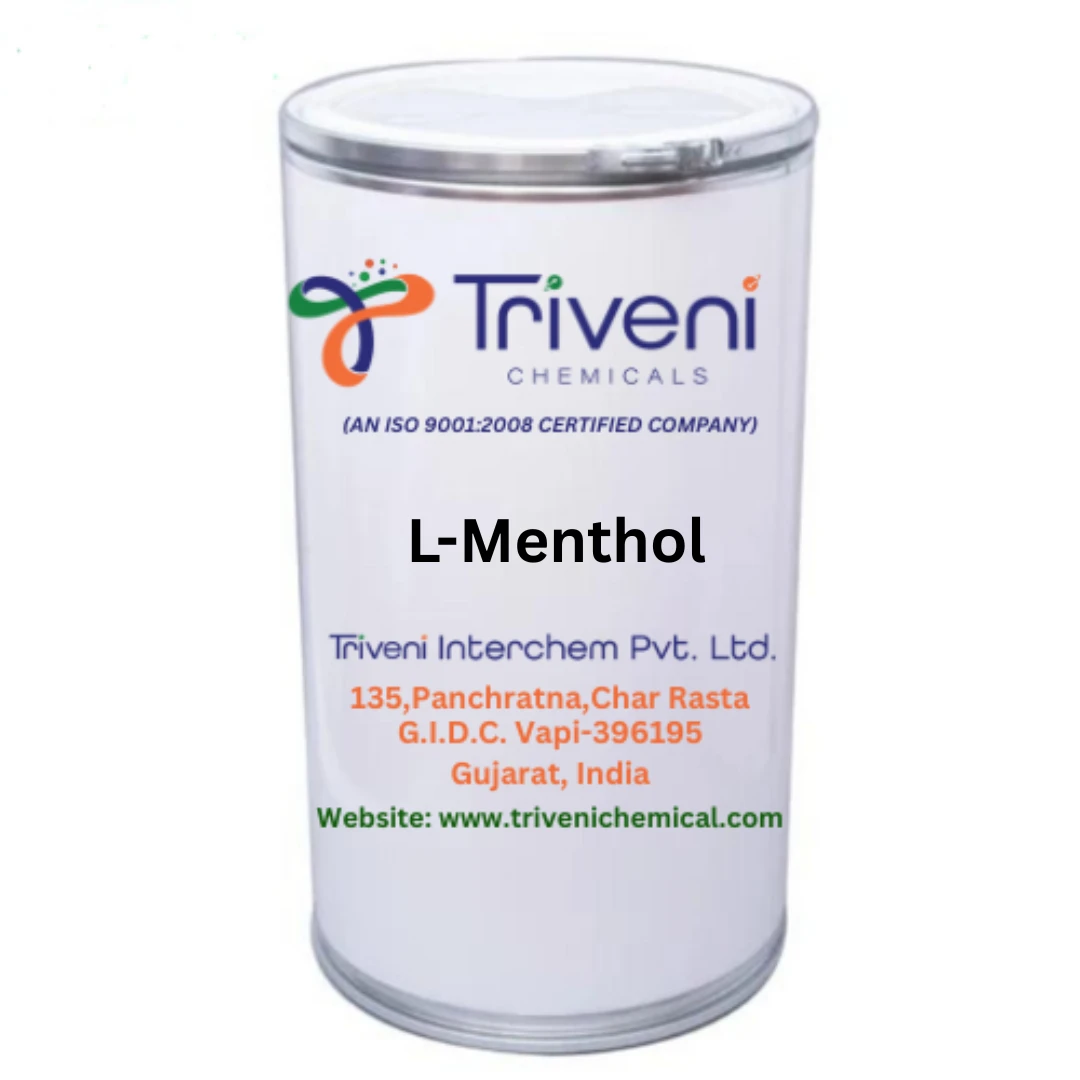A drug or treatment designed to reduce or stop coughing is called an antitussive. Although coughing is a reflex activity that helps to remove irritants from the airways, it can occasionally be bothersome or chronic. Antitussives function by either relieving throat irritation or inhibiting the brain's cough reflex.Dextromethorphan is a..
A drug or treatment designed to reduce or stop coughing is called an antitussive. Although coughing is a reflex activity that helps to remove irritants from the airways, it can occasionally be bothersome or chronic. Antitussives function by either relieving throat irritation or inhibiting the brain's cough reflex.Dextromethorphan is a common antitussive that is frequently used in over-the-counter cough syrups. The way dextromethorphan suppresses the cough reflex in the brain is how it acts. For dry, hacking coughs that don't generate mucus, it works well. But, it's imperative to take it exactly as prescribed because overusing it can have negative side effects including drowsiness or dizziness. Another antitussive is codeine, however because of its abuse potential, it is typically only available with a prescription. Though stronger, codeine functions similarly to dextromethorphan. When other therapies haven't worked for a severe cough, it is frequently recommended. But take cautious, as it can also result in constipation, sleepiness, and other negative effects.Certain herbal medicines have antitussive properties as well. For instance, honey has been used for generations to treat sore throats and coughs. Due to its natural and safe nature, it can be especially beneficial for kids when compared to over-the-counter drugs. Warm teas flavored with lemon and honey can also be relieving. Cough drops and chest rubs that contain menthol can help numb the throat and reduce the urge to cough. It has a cooling effect that helps reduce irritability. However, as menthol can have harmful side effects, it is imperative to avoid administering menthol products to young children.Modifications to one's lifestyle can assist control coughing in addition to prescription drugs and home treatments. Drinking lots of fluids can help thin mucus and increase the effectiveness of coughing. Another way to improve breathing and lessen throat irritation in the bedroom is to use a humidifier to provide moisture to the air. Antitussives can be useful in reducing the symptoms of a cough, but it's important to use them carefully and with medical advice when using them, particularly if the cough is severe or persistent. For long-term relief, figuring out what's causing the cough and treating it are also crucial
- Antitussive – Suppressing coughs and respiratory irritation, similar to Antiviral medications.


